8 Ways to Feel Better About YourselfLearn to practice embodied cognition, structured procrastination, and more.When you’re not feeling great about yourself, perhaps the first step is to check for the obvious. Are you drinking enough water? Are you getting enough sleep? Without the basics covered, other improvements will just be marginal. Assuming you have those things handled, however, here are eight ways to feel better about yourself. I hope that at least one of them is helpful to you today. 🤗 1. Speak to yourself as you would speak to a friend.This is a classic, for a good reason. When facing challenges or setbacks, pause for a moment. Consider how you'd comfort or encourage a close friend in a similar situation. Now, apply that same supportive language to yourself. It's easy to be your own harshest critic, using negative self-talk you'd never direct at someone you care about. I use negative self-talk allll the time—and I know it’s not good for me. By treating yourself with the kindness and understanding you'd offer a friend, you create a more nurturing internal environment. Like any skill, self-compassion takes practice. Be patient with yourself as you learn this new way of thinking. 2. Improve your sensory environment.In a previous post I mentioned that I keep a timer on my desk at all times. I use it for focused work sessions, and to make sure that I take enough breaks. I have a different one at the moment, but I also like the one below, which can double as a nightlight. ⬇️ Just be careful or you’ll end up with a desk-full of timers. 🤓 Aside from timers, what else can you do? Try one or more of these ideas:
3. Stop doing things that aren’t serving you.This approach encourages you to pause and evaluate your current commitments and activities. Ask yourself: “Which tasks truly align with my goals and values?” The idea is to eliminate unnecessary activities that drain your time and energy without providing significant benefits. This might include pointless meetings, excessive social media use, or projects you've outgrown. Whenever you feel overwhelmed, try to remove something.
"Stopping" doesn't mean becoming idle. Instead, it's about being selective with your time and energy. It's quality over quantity in your daily activities. The power of doing less is, well, powerful. Read more here: Note: stopping things is not a one-time activity! I OFTEN pause and ask myself what I can stop doing in order to feel better. 4. Try Structured ProcrastinationIn a nutshell, structured procrastination is a technique where you intentionally put off the most daunting tasks by focusing on less urgent but still important activities. (It’s basically the opposite of the “eat the frog” advice.) Instead of tackling the biggest, most stressful assignment first, you work on smaller, manageable tasks that are also productive. For example, if you have a major paper due, you might start by doing other assignments, organizing your study space, or even working on a different project. Read more in this post: 5. Embrace Productive DiscomfortProductive discomfort is the idea that growth and progress often come from embracing challenging, uncomfortable situations rather than avoiding them. The concept starts with recognizing that discomfort isn't always negative. In fact, it can be a sign that you're pushing your boundaries and developing new skills or perspectives. Embracing productive discomfort involves deliberately seeking out situations that challenge you. This might mean taking on projects slightly beyond your current abilities or engaging in conversations that push you out of your comfort zone. As you successfully navigate challenging situations, you develop greater confidence in your ability to handle future difficulties. 6. Practice Embodied CognitionEmbodied cognition is the idea that our thoughts and mental processes are deeply influenced by our physical experiences and bodily states. Practicing this concept involves actively using your body to enhance your thinking and problem-solving abilities. To practice embodied cognition, you might…
Lastly, paying attention to your posture can be another way to apply this concept. Research suggests that adopting confident, open postures can influence your emotional state and cognitive performance.¹ By engaging your body in specific ways, you can influence your mind and emotions. 7. Experiment with "Micro-Mindfulness”While traditional meditation can be helpful, it's not the only way to practice mindfulness. Also, meditation isn’t good for everyone! For a simple alternative, experiment with brief, focused mindfulness exercises throughout your day. For example, take a minute to really savor your morning coffee or tea, paying attention to the smell, taste, and warmth of the mug in your hands. Or take a few deep breaths and focus on the sensation of the air moving in and out of your lungs. These short actions help you reset and refocus. 8. Commit to Radical AcceptanceRadical acceptance is a psychological concept that involves fully accepting reality as it is, without resistance. It's about acknowledging the truth of a situation, even if it's painful or undesirable.² This practice doesn't mean you approve of the situation or that you won't work to change it. Rather, it's about accepting that the present moment is exactly as it is, without fighting against it. When you catch yourself resisting, try to shift your mindset. Instead of "This shouldn't be happening" or “This isn’t fair,” you might think, "This is happening, even though I don't like it." Radical acceptance can be particularly helpful in dealing with past events that can't be changed, chronic health conditions, or aspects of yourself or others that are unlikely to change. While the initial pain of a situation might remain, you eliminate the additional suffering that comes from fighting reality. *** Feeling better is a process. Speak to yourself kindly, practice micro-mindfulness, and learn to stop activities that don't serve you. Embrace radical acceptance and productive discomfort as tools for progress. Remember as well that growth often feels uncomfortable. Use embodied cognition to engage your body in the process. As always, experiment to find what works for you. 💚 Which ways are easiest or most natural for you? Is anything else helpful?P.S. I wanted to be careful writing this post, because we can’t always just decide to feel better. If it were that simple, we wouldn’t ever feel bad! Kind of like choosing to pay attention:
Nevertheless, even though “try feeling better!” isn’t helpful, we’re not entirely powerless. That’s a core premise of this yearlong project, in fact. 1 Carney, D. R., Cuddy, A. J., & Yap, A. J. (2010). Power posing: Brief nonverbal displays affect neuroendocrine levels and risk tolerance. Psychological Science, 21(10), 1363-1368 Note: this study has been challenged a bit in replication efforts. Always good to read the follow-ups! 2 The concept of radical acceptance was first developed by psychologist Marsha Linehan and then developed further by Tara Brach, author of a book with the same title. You’re currently a free subscriber to 🌻 A Year of Mental Health. For the full experience, consider upgrading! |
Wednesday, August 28, 2024
8 Ways to Feel Better About Yourself
Subscribe to:
Post Comments (Atom)
-
insidecroydon posted: " Become a Patron! What's on inside Croydon: Click here for the latest events listing...

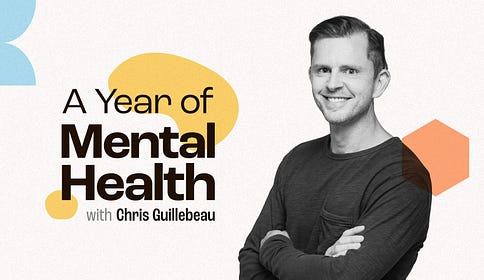
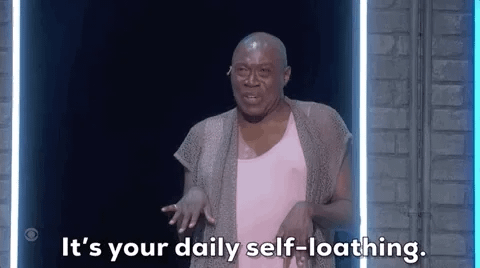

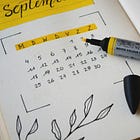
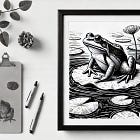
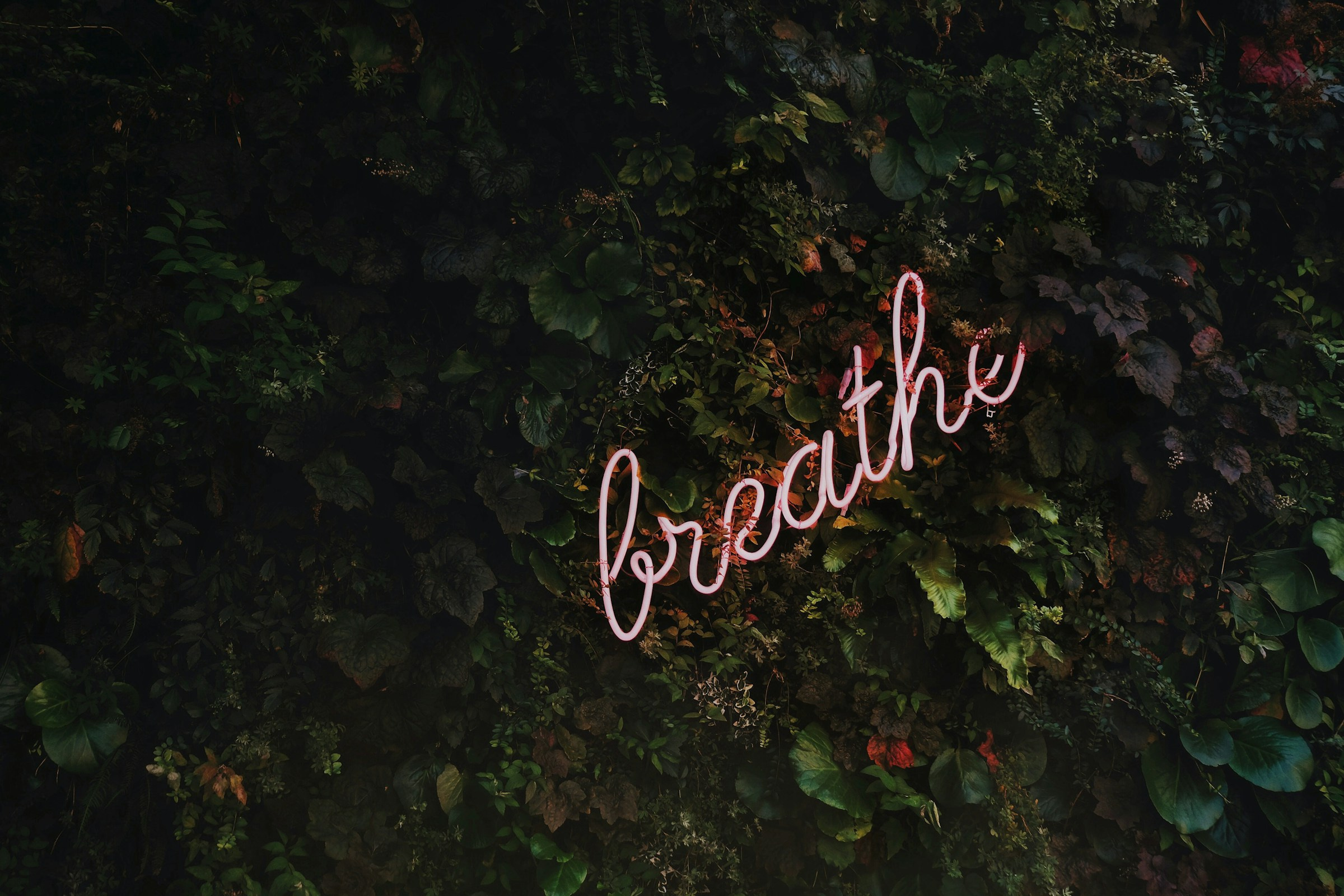
No comments:
Post a Comment